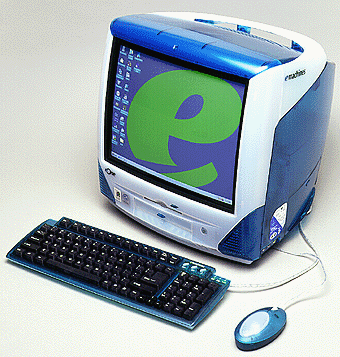For months, Apple’s corporate network was at threat of hacks that could have stolen delicate knowledge from most likely hundreds of thousands of its buyers and executed malicious code on their telephones and pcs, a protection researcher reported on Thursday.
ARS TECHNICA
This story initially appeared on Ars Technica, a reliable source for technological innovation information, tech coverage assessment, assessments, and much more. Ars is owned by WIRED’s father or mother enterprise, Condé Nast.
Sam Curry, a twenty-yr-aged researcher who specializes in internet site protection, reported that, in whole, he and his crew uncovered 55 vulnerabilities. He rated 11 of them crucial because they permitted him to choose handle of main Apple infrastructure and from there steal personal e-mails, iCloud knowledge, and other personal data.
The 11 crucial bugs were:
- Remote Code Execution via Authorization and Authentication Bypass
- Authentication Bypass via Misconfigured Permissions allows World wide Administrator Obtain
- Command Injection via Unsanitized Filename Argument
- Remote Code Execution via Leaked Top secret and Exposed Administrator Software
- Memory Leak potential customers to Personnel and User Account Compromise making it possible for accessibility to many interior programs
- Vertica SQL Injection via Unsanitized Input Parameter
- Wormable Stored XSS allows Attacker to Totally Compromise Victim iCloud Account
- Wormable Stored XSS allows Attacker to Totally Compromise Victim iCloud Account
- Complete Reaction SSRF allows Attacker to Examine Interior Source Code and Obtain Guarded Resources
- Blind XSS allows Attacker to Obtain Interior Assist Portal for Client and Personnel Challenge Monitoring
- Server-Aspect PhantomJS Execution allows attacker to Obtain Interior Resources and Retrieve AWS IAM Keys
Apple instantly mounted the vulnerabilities right after Curry reported them around a 3-thirty day period span, frequently inside of hours of his first advisory. The enterprise has so far processed about half of the vulnerabilities and dedicated to paying $288,500 for them. Once Apple processes the remainder, Curry reported, the whole payout may surpass $500,000.
“If the issues were employed by an attacker, Apple would’ve confronted enormous data disclosure and integrity decline,” Curry reported in an on the web chat a several hours right after posting a 9,two hundred-word writeup titled We Hacked Apple for three Months: Here’s What We Uncovered. “For occasion, attackers would have accessibility to the interior instruments employed for managing person data and additionally be ready to improve the devices close to to get the job done as the hackers intend.”
Curry reported the hacking project was a joint venture that also involved fellow scientists: Brett Buerhaus, Ben Sadeghipour, Samuel Erb, and Tanner Barnes.
Amid the most serious risks were these posed by a saved cross-web-site scripting vulnerability (ordinarily abbreviated as XSS) in JavaScript parser that’s employed by the servers at www.iCloud.com. Since iCloud supplies provider to Apple Mail, the flaw could be exploited by sending somebody with an iCloud.com or Mac.com tackle an e-mail that involved malicious characters.
The focus on will need only open up the e-mail to be hacked. Once that occurred, a script concealed inside the malicious e-mail permitted the hacker to have out any steps the focus on could when accessing iCloud in the browser. In this article is a online video displaying a evidence-of-idea exploit that sent all of the target’s images and contacts to the attacker.
Curry reported the saved XSS vulnerability was wormable, meaning it could spread from person to person when they did almost nothing much more than open up the malicious e-mail. Such a worm would have worked by which includes a script that sent a likewise crafted e-mail to just about every iCloud.com or Mac.com tackle in the victims’ get in touch with listing.
A individual vulnerability, in a web-site reserved for Apple Distinguished Educators, was the outcome of it assigning a default password—“###INvALID#{fb741301fcc9e6a089210a2d6dd4da375f6d1577f4d7524c5633222b81dec1ca}!3” (not which includes the quotation marks)—when somebody submitted an software that involved a username, to start with and last name, e-mail tackle, and employer.






